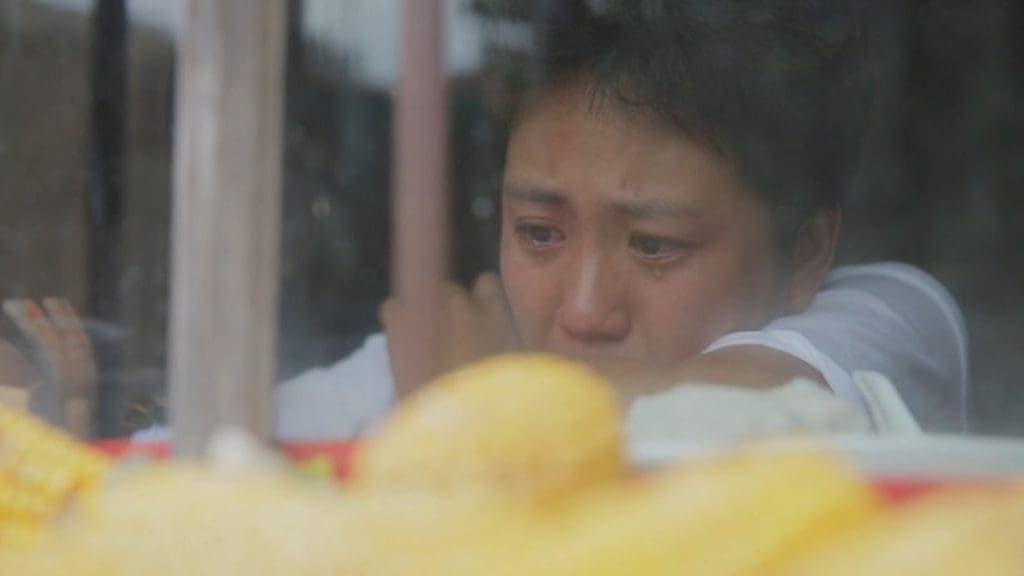
Leftover Women begins with a scene so surreal, it’s almost hard to believe it’s real life. Gai Qi, a successful, attractive 31-year-old lawyer from Beijing, meets with a matchmaker who basically tells her she has very little worth in the marriage market. She proceeds to call her pretty but not beautiful, suggests her profession has hindered her likability and argues that Gai Qi has no chance of getting married if she doesn’t agree to have children. It’s a shocking exchange, but it’s only one of many in directors Shosh Shlam and Hilla Medalia’s new documentary, which premiered at Tribeca this evening
As a title card early in the film explains, because of China’s one-child policy, the country’s female population outnumbers males by 30 million and since the law stipulates men should marry by 22 and women by 20, any women unmarried after that age are referred to as sheng ru, or “leftover women.” Shlam and Medalia follow three such women. In addition to Gai Qi, there’s Xu Min, a 28-year-old pubic radio host and Qiu Hua Mei, a 36-year-old Film and TV assistant professor at Normal University in Beijing. It’s no coincidence that all these women are highly educated and financially autonomous as a result and much of the adversity they face is thanks to the tension between tradition and modern ideas of feminism.
However, while we spend some time with Qiu Hua Mei and her whirlwind relationship with a younger man and Xu Min’s attempts to make her mother realize that her expectations are keeping Xu Min from committing, Shlam and Medalia don’t split the focus equally amongst their subjects. Instead, the emotional and intellectual thrust eventually coalesces around Gai Qi. From the first encounter we see with her family, the drama around her search for a romantic partner seems particularly intense. That conversation with her family quickly escalates from her saying she wants to stay single, to her father walking out of the room in anger, to her sister saying, all that schooling made her dumb.
The only thing more remarkable than that exchange is the incredible image that follows: Gai Qi, trying not to cry, eats a pomegranate–the ultimate symbol of knowledge–while her sister screams she should stop coming home and shaming the family.
As we watch Gai Qi simultaneously navigate the dating world and her evolving feelings to her place in it, Leftover Women begins to feel less like a documentary and more like a heart-breaking character study on the level of this year’s Gloria Bell. In scene after scene, Gai Qi keeps putting herself out there only to be disappointed. As she explains to that matchmaker in the film’s opening moments, she wants a man who treats her like an equal and is accepting of her ambitions in life. So, when a nice guy she meets through some dating service goes from acknowledging his mother’s increased financial position has given her more autonomy in her marriage only to follow it up by saying he should be dominant in his own marriage, we can actually see the interest drain out of Gai Qi’s face
Watching her be disappointed and quietly censured at every turn for defending her self-worth, it’s understandable when Gai Qi tells some therapist or doctor that while she believes she could live a happy life in China, constantly having to defend herself feels like “fighting and running” at the same time and she’s clearly exhausted from it. And while Qiu Hua Mei and Xu Min’s situations may not be quite so devastating, they all speak to the tension these leftover women must feel between doing what society and the government demand and following their own ambitions and desires. Leftover Women may not try to pose a solution for these women, their parents or even China as a whole, but by simply presenting these stories, Shlam and Medalia just may give comfort to any woman in a similar situation—regardless of culture.

